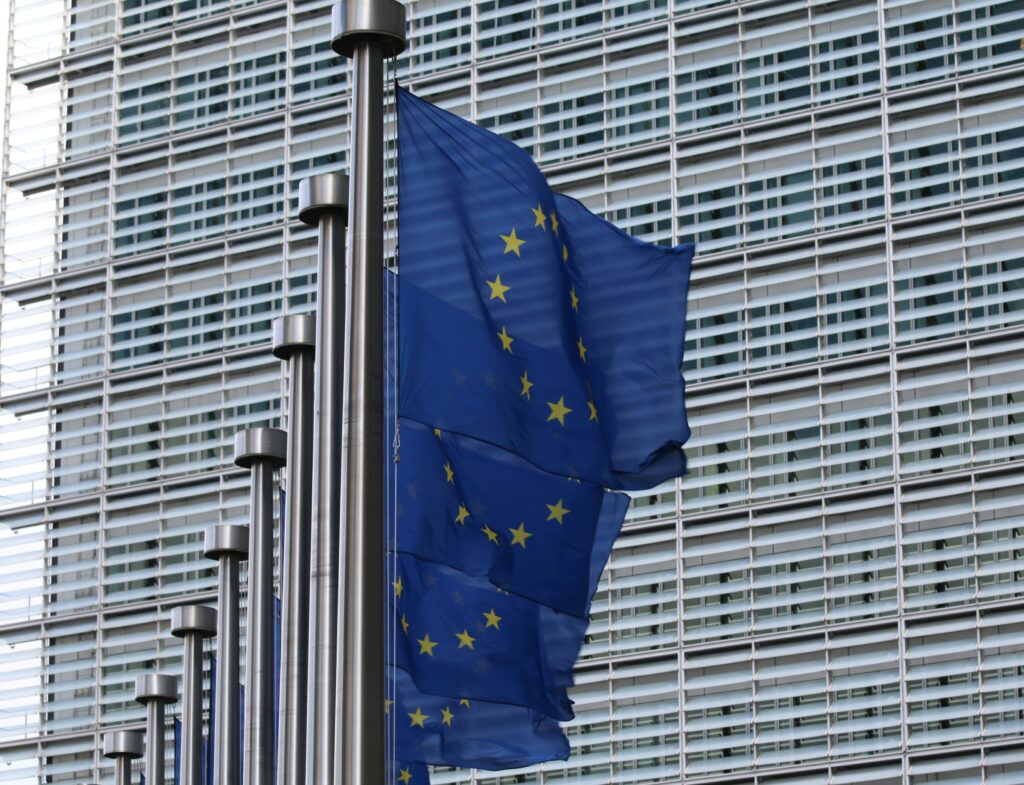China is pushing back against Europe’s new tariffs on its electric vehicle (EV) manufacturers. On Monday, China’s commerce ministry announced plans to file a lawsuit with the World Trade Organization (WTO) challenging the European Union’s decision to impose tariffs on Chinese EV companies, including major player BYD.
In October, the EU approved wide-ranging tariffs on Chinese EV imports. Finalized last week, the new tariffs mean BYD will face a 17% levy, with other Chinese automakers subject to rates as high as 35.3%, in addition to an existing 10% tax. China’s commerce ministry argued in a statement that the tariffs are “lacking in factual and legal basis” and infringe on WTO regulations.
China had already requested a WTO dispute consultation over these tariffs in August, a move confirmed by WTO officials, as China seeks to challenge what it views as unjust import duties. The EU’s tariffs have raised concerns over possible retaliation from China, which has already initiated investigations into European goods like brandy and cheese. Analysts worry that China may impose its own restrictions on European carmakers, especially those from Germany, where brands like Volkswagen, BMW, and Mercedes have struggled to maintain their share against the rise of domestic EV competitors offering affordable, high-tech options.
Despite the tariffs, Chinese EV manufacturers continue to expand into Europe. BYD is planning production facilities in Hungary and Turkey, while companies like Xpeng and Leapmotor have also moved into new European markets in recent months, underscoring China’s determination to establish a foothold in the European EV market.


